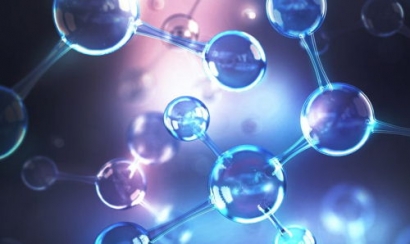
The research is the first produced by Delta-EE's new Global Hydrogen Intelligence Service, created to provide data, analysis, insights and realism on how the new global clean hydrogen sector is developing.
In the last 10 years, the project activity around clean hydrogen has been growing quickly, with 67 operational projects including electrolyzers, and targeting new energy applications developed across 13 different countries. These projects offer a total capacity of 56 MW, producing an estimated 4,700 tons of green hydrogen per year. Approximately half of this is consumed by the transport industry, and approximately one third is used for decarbonizing industrial applications, such as petrochemical refining.
Today nearly half of all European electrolyzer capacity is in Germany, while no other country has more than 10 MW installed. However, the sector is expanding fast; the first major projects in several countries (e.g. Spain, Netherlands, Denmark) will be at the 10s of MW scale in 2021/22 and will soar towards the 100s MW by 2025. A key factor in this growth will be the increase in manufacturing capacity of electrolyzer manufacturers. Today's leading manufacturers such as Nel Hydrogen, ITM Power, Cummins and McPhy, are all building factories capable of producing 100s of MW if not GWs of electrolysers a year.
Dr. Robert Bloom, product manager, comments on the expanding electrolyzer market: "There are two sides to this story. On the one hand, this is incredibly rapid growth of a key technology for net-zero targets; on the other, it's still well short of the tremendously ambitious national and EU targets that have been set.
"We should remember though, that this is an embryonic market. The current project pipeline is driven almost entirely by EU or national funding with project stakeholders targeting use-sectors where state aid is strongest. With the huge amounts of capital made available through various national hydrogen strategies, the EU green deal and IPCEI[1] Hydrogen, we expect to see many more projects added to the pipeline."
The Global Hydrogen Intelligence Service covers hundreds of different project data types across production, storage and end-use for hydrogen, including data on companies, assets and individual projects and estimating total production and utilization of clean hydrogen. The service complements Delta-EE's existing new energy expertise in areas such as the decarbonization of heating and transport, flexibility, and business models.
"We were already looking at hydrogen through various lenses," explains Jon Slowe, director at Delta-EE "For example our heat research service looked at the potential of hybrid hydrogen/heat pump residential heating systems, and our electric vehicle charging research delves into decarbonizing applications such as buses. As hydrogen establishes itself as a key part of decarbonization efforts worldwide, it makes sense to centralize and formalize that expertise into its own service, providing the full-value chain insight that our clients know us for."

